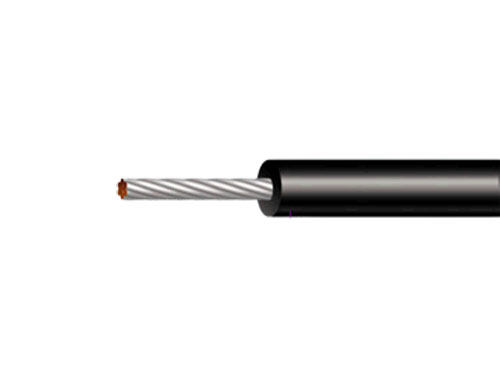- 1How to distinguish cable materials?
- 2How to conduct a visual inspection of wires and cables?
- 3How to evaluate the quality and performance of wires and cables?
- 4Troubleshooting of Low Voltage Automotive Wires: Common Problems and Solutions
- 5Application and Challenges of Low Voltage Automotive Wires in Electric Vehicles
- 6Analysis of Safety and Reliability of Low Voltage Automotive Wires
Japanese AV
- Category:Low voltage automotive line
- Hits:1179次
- Release Date:2023-11-01
- Share:
- Inquiry
- Details
The Japanese standard AV car cable is a commonly used internal connection cable for automobiles, mainly used for current transmission in batteries, instruments, headlights, and other areas. The characteristics of this type of wire are cold resistance and high temperature resistance. It is wrapped in plastic insulated pipes (PVC) with several or even dozens of soft copper wires, so it has strong flexibility and is not easy to break.
Specifically, the conductor of the Japanese standard AV car wire is made of bare copper that meets the D 609-90 standard, and the insulation material is PVC (polyvinyl chloride). Its working temperature range is -40 ° C-85 ° C, and the highest temperature that can be reached instantly can reach 120 ° C. In addition, there are some other models of Japanese standard car lines, such as AVS, AVSS, AVX/AEX, etc., which are also commonly used in cars, motorcycles, and other motor vehicles.
Overall, the Japanese standard AV automotive cable is a high-performance and widely used automotive connection cable that can ensure stable current transmission in both cold and hot environments.

 Combining strength and flexibility · Easy to move
Combining strength and flexibility · Easy to move
 中文
中文
